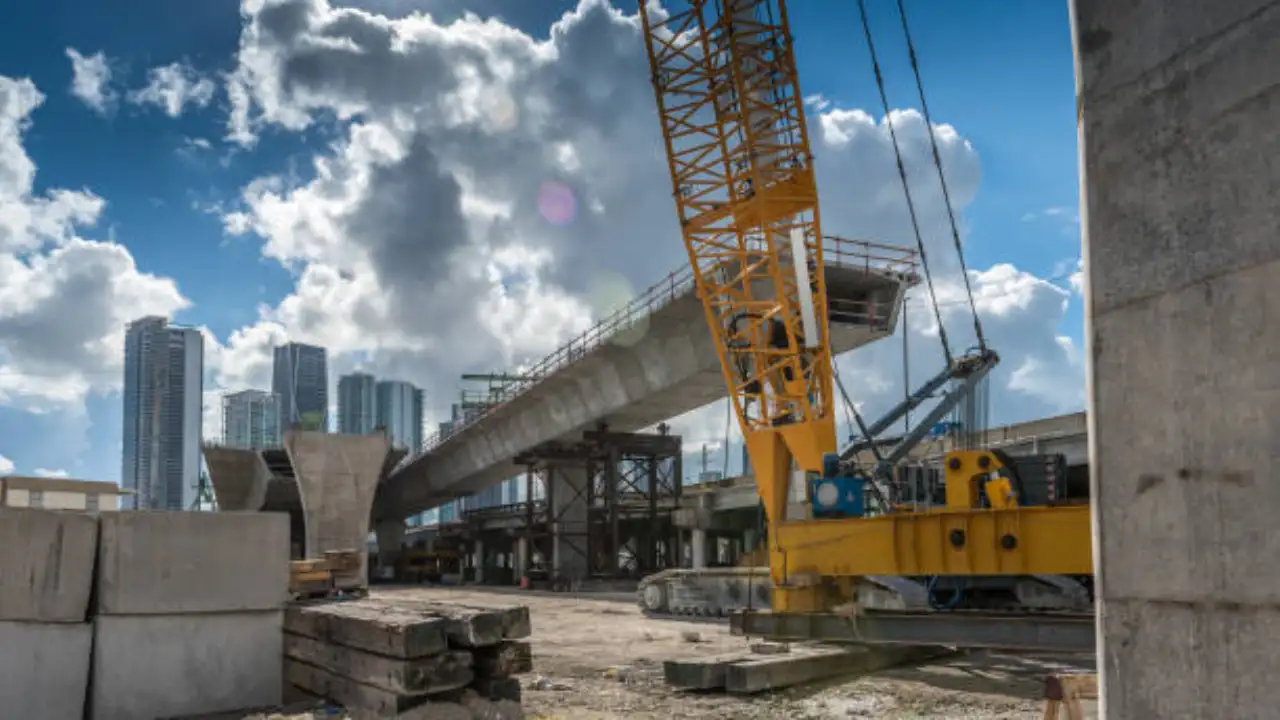Greater Noida West has rapidly transformed into a bustling urban pocket, brimming with towering apartments, crowded bazaars, and ever-increasing commercial activity. However, this swift development has brought with it a major downside—crippling traffic congestion that affects daily life for thousands. In an attempt to tackle the gridlock, the Greater Noida Industrial Development Authority (GNIDA) and the Ghaziabad Development Authority (GDA) have proposed a new elevated road to connect Ghaziabad directly with Greater Noida West.
While the proposed expressway offers the promise of smoother commutes and reduced travel times, it also casts a shadow of concern over local communities. Residents fear the project could lead to the demolition of nearly 300 structures, including local shops, educational institutes, and even a community healthcare facility. Despite land surveys and public notices beginning to surface, there’s still a glaring lack of clear timelines, funding transparency, or confirmed compensation packages—leaving those affected in a state of limbo.
In areas like Shahberi—a rapidly growing locality in Greater Noida West—uncertainty is at its peak. Narrow lanes between 100 and 150 meters wide are already overwhelmed by heavy footfall, parked vehicles, and delivery traffic from local businesses, particularly its bustling furniture markets. During rush hours, movement slows to a crawl, frustrating both residents and commuters alike. The elevated corridor has been welcomed by many as a potential lifeline—but it also poses serious questions about land acquisition and displacement.
Despite surveying activities underway, locals say they remain uninformed. One shopkeeper remarked, “We hear rumors about the road, but no one has officially spoken to us.” Another elderly resident added, “We didn’t even know they started the survey.” These sentiments highlight a growing disconnect between the community and the planners. GNIDA CEO N.G. Ravi Kumar confirmed that consultations with the GDA and the National Highways Authority of India are ongoing, but he stopped short of confirming whether demolitions would take place.
Public sentiment remains divided. For daily commuters worn down by traffic chaos, the overpass brings hope. But for many shop owners and residents in Shahberi, the looming threat of demolition raises alarm. Aasif, a local furniture vendor, said, “We’ve heard about the project for years, but no one has come to explain what will happen to our shops. What about compensation?”
Adding to the residents' woes is the poor state of current infrastructure. Open drainage lines run along the streets, posing major health and safety risks. Locals often cover them with flimsy plywood boards, which barely support foot traffic and emit foul odors. Despite ongoing construction noises that suggest progress, essential fixes like proper drain covers are still missing, making everyday life a challenge.
While the elevated road is marketed as a remedy for Greater Noida West’s traffic snarls, it’s also stirring real fear among the communities standing in its path. The possibility of widespread demolitions—combined with silence from authorities—has left many residents feeling unheard and exposed. As discussions continue behind closed doors, locals hope their voices will be considered before the final blueprint is set in stone. Because in this race for urban connectivity, the cost should not be measured in lost homes and disrupted lives.


Comments